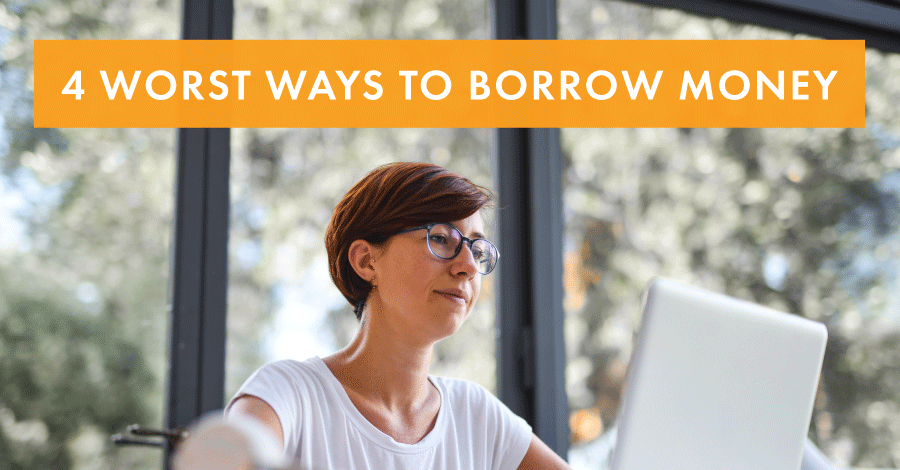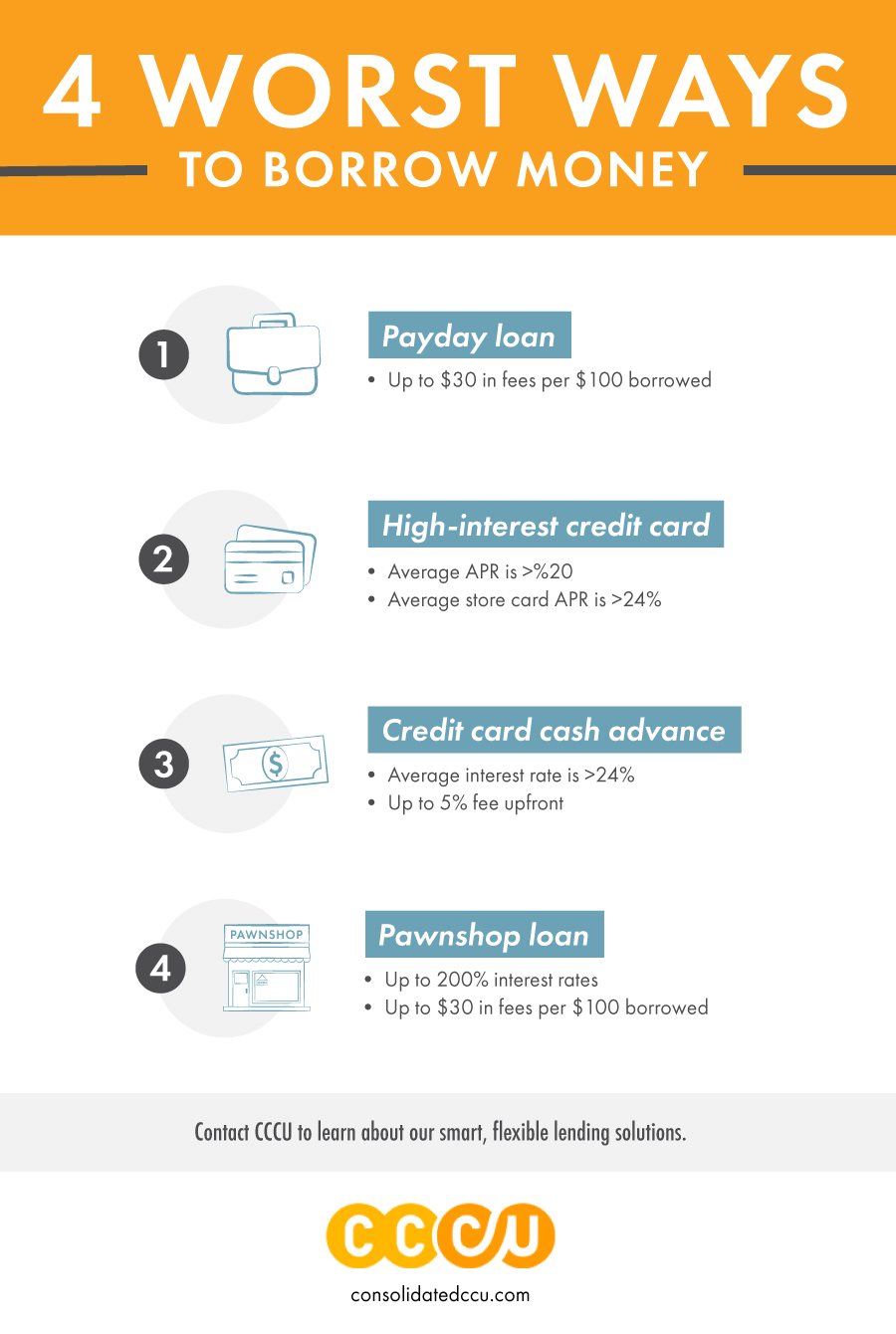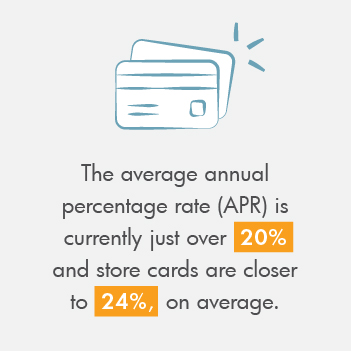Budgeting Hacks to Help You Save Time, Money, and Avoid Stress
Blog Highlights Automate: Schedule recurring bill payments and set up payroll deductions to go directly into a savings ...
Read More





